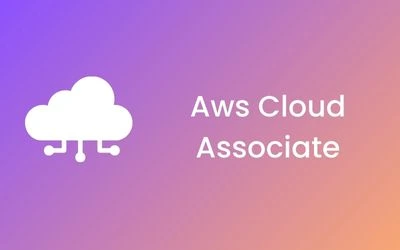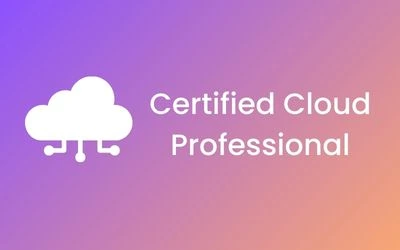Cloud Computing Courses
SKF - CCC
-

-
(3414 Reviews)
- Career: Developing specialized knowledge in cloud computing can help you improve your career options.
- Skills: Gain the highly popular skills that top tech companies are looking for that open doors to new job prospects
- Learn from experts: Access guidance from experienced instructors with extensive expertise in AWS architecture and implementation.













